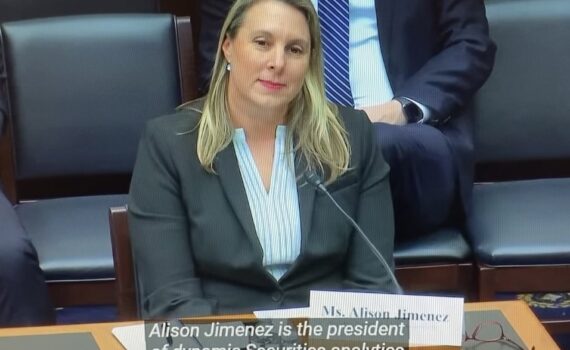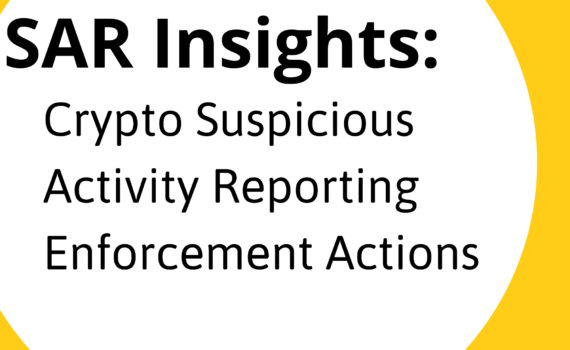The theory that cryptocurrency traceability will deter and thwart criminals is based on numerous unsound assumptions.
Anti-Money Laundering
Criminals who need to move large amounts of value far, fast, irreversibly, anonymously, and to a third party are most likely to see crypto as the financial product that meets their needs.
Illicit finance occurs both within and by crypto exchanges as demonstrated by the recent criminal actions against SBF, Binance, and CZ.
Alison Jimenez testified at the House Financial Services Subcommittee on Digital Assets, Financial Technology and […]
Cryptocurrency miners are often viewed as the unexciting plumbing behind crypto, with a safe and […]
Summary: DSA analyzed nine Crypto Suspicious Activity Report enforcement actions to identify common reasons for […]
Weaponized KYC is when organizations collect KYC information and then use the data to inflict harm on customers.
DSA president, Alison Jimenez, was quoted on foreign corruption in a moneylaundering.com article by Valentina […]
A recent VICE article on human smuggling and migrant kidnapping quotes DSA president, Alison Jimenez.










